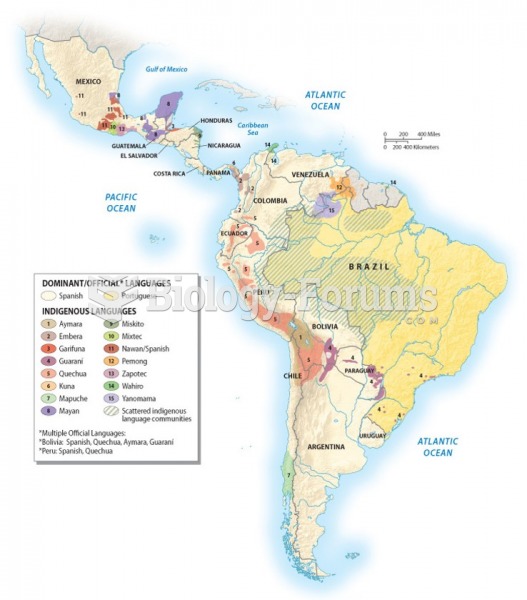Answer to Question 1
The page structure and text of a Web page are stored in a text file that is formatted, or marked up, using a text markup language. A text markup language specifies a set of tags that are inserted into the text. These markup tags, or tags, provide formatting instructions that Web client software can understand.
Hypertext Markup Language (HTML) was derived from the more generic meta language SGML. HTML defines the structure and content of Web pages using markup symbols called tags. Over time, HTML has evolved to include a large number of tags that accommodate graphics, Cascading Style Sheets, and other Web page elements.
Although Extensible Markup Language (XML) is also derived from SGML, it differs from HTML in two important respects. First, XML is not a markup language with defined tags. It is a framework within which individuals, companies, and other organizations can create their own sets of tags.
Second, XML tags do not specify how text appears on a Web page; the tags convey the meaning (the semantics) of the information included within them.
Situation when XML and HTML is used
A company that sells products on the Web might have Web pages that contain descriptions and photos of the products it sells. The Web pages are marked up with HTML tags, but the product information elements themselves, such as prices, identification numbers, and quantities on hand, are marked up with XML tags.
Answer to Question 2
The Web is software that runs on computers that are connected to each other through the Internet. Web client computers run software called Web client software or Web browser software. Examples of popular Web browser software include Google Chrome, Microsoft Internet Explorer, and Mozilla Firefox.
Web browser software sends requests for Web page files to other computers, which are called Web servers and a Web server computer runs software called Web server software. The Web server software receives requests from many different Web clients and responds by sending files back to those Web client computers. Each Web client computers Web client software then renders those files into a Web page. Thus, the purpose of a Web server is to respond to requests for Web pages from Web clients. This combination of client computers running Web client software and server computers running Web server software is an example of a client/server architecture.







